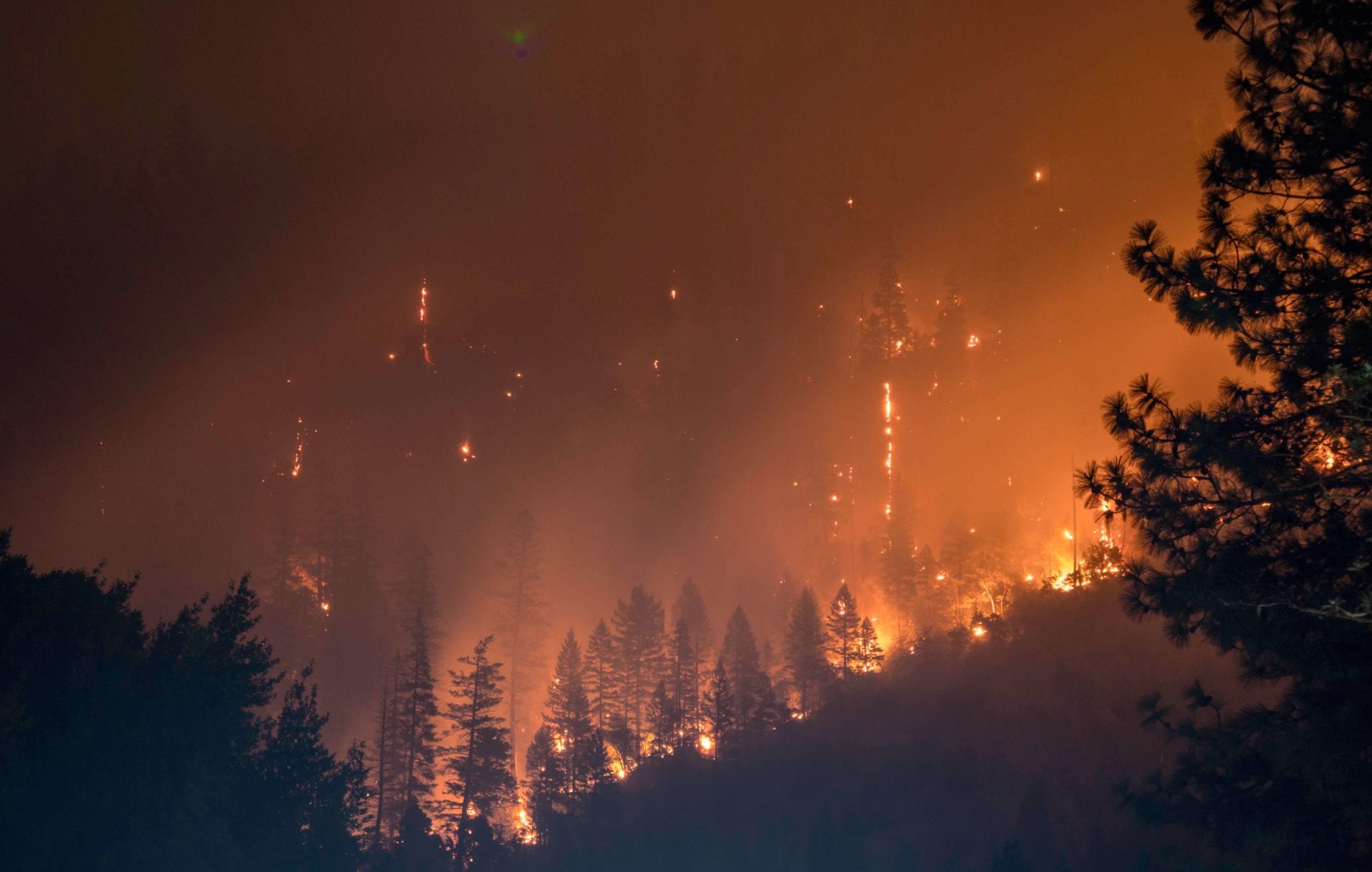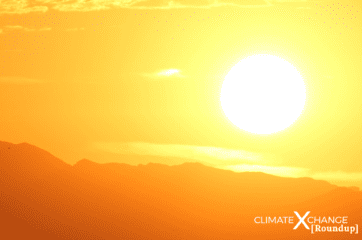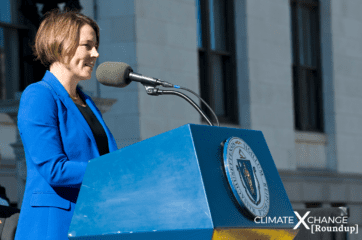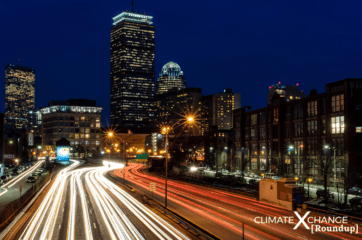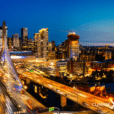On July 29th, Captain Brian Hughes and his crew were engaged in tactical fire operations on the east side of the Ferguson fire in California, when he was struck by a tree. Hughes was treated on scene, but passed away from his injuries before he could be transported to a hospital. Tragedies like this remind us of those first-responders on the front lines, protecting our communities and safeguarding lives. We would like to dedicate this article and subsequent reflections to Captain Hughes’ life and sacrifice. You can donate to help support his family here. All donations will be given directly to his Fiancé Paige and their unborn child to help with anything they might need in their future.
This year has been horrific for wildfires across the globe, and there doesn’t appear to be an end in sight. From California to Southern Europe, communities around the world have been devastated by wildfires, in what could be a new normal due to climate change.
Europe suffered its deadliest fire in more than a century, when fires spread across the Attica region of Greece, killing dozens of people. In the U.S., wildfires have charred nearly 4.8 million acres since January, and as of writing, there are 95 active large fires across the country.
Of all states California has seen the worst. At least six people have died, including two firefighters, in the past month due to fires that continue to blaze. As of this Monday morning, the Carr fire had burned more than 98,000 acres, with only 20% of the flames contained and more than 1,236 structures destroyed. The fire is now officially one of the 10 worst fires in California’s history.
Authorities in the state have reported levels of fire intensity and unpredictability not seen before, mostly due to extreme conditions resulting from abnormally high temperatures, wind behavior and extremely dry vegetation. All this comes after a summer characterized by record-breaking and deadly global heat waves. It seems the catastrophic future we feared due to climate change may in fact already be upon us.
Is climate change really to blame?
While some wildfires have been common during the summertime, the scale, behaviour and impact of these fires has been unprecedented, leading scientists to conclude that climate change has worsened the effects of such disasters.
Although reluctant to link any one particular fire to climate change, scientists agree that there is plenty of evidence to show that the heat-trapping gases we have pumped into our atmosphere are responsible for extreme and abnormal weather patterns. Events such as the heatwaves we have seen across the Northern hemisphere, and prolonged droughts in California are a result therefore of human-induced climate change.
Before the Carr fire broke out near Sacramento, the area was facing its hottest July on record, with temperatures as much as 10 degrees above average. On top of that, the soil in Northern California has been exceptionally dry due to the heat of summer and a very dry winter, which led to tinder-dry vegetation, which was catastrophic in the spread of the fires.
Big Picture
“Weather is a product of the climate system. We are drastically altering that system , and all the weather we observe now is the product of that human-altered climate system. One result is an increase in the frequency, size and severity of large fire events,” says Anthony LeRoy Westerling, a professor of management of complex systems at the University of California, Merced.
And indeed, recent decades have seen a profound increase in wildfires in the United States, especially in the west of the country and Alaska. According to the 2017 National Climate Assessment, the incidence of large forest fires is projected to further increase in those regions as the climate warms. These findings align with the average global temperatures rising, as well as the amount of CO2 in the atmosphere.
The stories of this fire season reflect a troubling reality that many have long been warning. People, including our bravest, are dying, here and now, from events that can be scientifically traced back to climate change. It begs the question then, how can we continue to push climate action into the future? More importantly, if not this, then what will it take for us to meaningfully reduce our carbon emissions?

